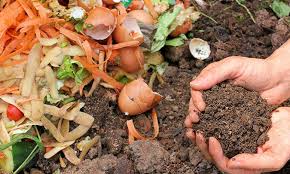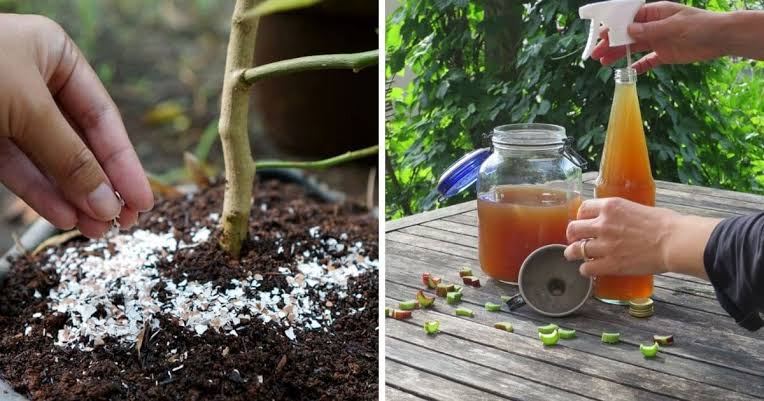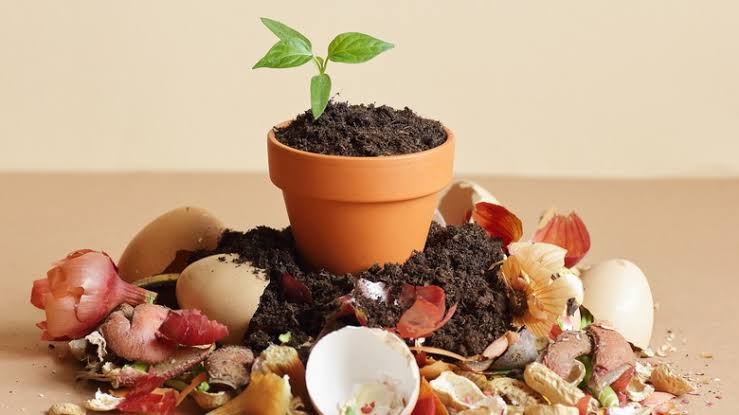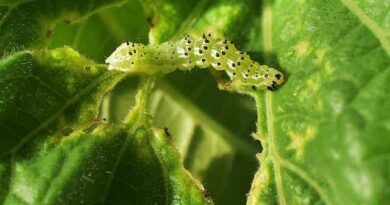How to Make your Own Fertilizer
Talking about how to make your own fertilizer, making your own fertilizer is like creating a special treat for your plants, it’s like making a magic potion that helps them grow big and strong. Instead of buying fertilizer from the store, you can gather things from around your home to make a special mixture that your plants will love.
To start, think about what your plants need to be happy. They like food, just like us, but their favorite snacks are a bit different. Plants enjoy things like banana peels, eggshells, and coffee grounds. These may seem like waste to us, but to plants, they are like a feast!
Collect these leftovers from your kitchen and save them in a special container. It’s like keeping treasures to make your plant food. When you have a good amount, it’s time to mix them together. It’s like cooking, but for plants!
Imagine you are making a yummy stew, but instead of meat and veggies, you have banana peels, eggshells, and coffee grounds. Mix them up really well, like you’re stirring a big pot. This special mix is like a superhero meal for your plants.
Once it’s all mixed, you can sprinkle it around the base of your plants. It’s like giving them a surprise party! Your plants will be so happy to get this homemade treat. They will grow taller, have more flowers, and be the healthiest plants on the block.
Making your own fertilizer is not just good for your plants, but it’s also good for the Earth. You are reusing things that might have been thrown away. It’s like recycling, but in a magical plant-growing way.
So, next time you finish a banana or make some eggs for breakfast, don’t throw away the leftovers. Save them for your plant potion. It’s a fun and simple way to help your plants thrive, and it’s like being a plant wizard in your own garden.
Read Also: Climatic and Environmental Requirements for Snails
How to Make your Own Fertilizer

Making your own fertilizer is a simple and cost-effective way to boost the health of your plants. You don’t need to be a gardening expert – just follow these easy steps using everyday items you probably already have at home.
Step 1: Gather Your Ingredients; To start, collect kitchen scraps like fruit peels, vegetable trimmings, and coffee grounds. These organic materials will form the foundation of your homemade fertilizer. Additionally, you can use eggshells, which add valuable calcium to the mix.
Step 2: Assemble a Compost Bin; Find a suitable container or bin with a lid to create a composting space. This can be a plastic or wooden box, or even a dedicated section in your garden. Ensure the container has good ventilation to promote decomposition.
Step 3: Layer Your Scraps; Begin by layering your kitchen scraps in the compost bin. Aim for a balanced mix of green (nitrogen-rich) and brown (carbon-rich) materials. Greens include fruit and vegetable scraps, while browns can be items like dry leaves, newspaper, or cardboard.
Step 4: Turn the Compost Regularly; To accelerate the composting process, turn the contents of your bin regularly using a shovel or pitchfork. This helps aerate the mixture and encourages the breakdown of organic matter into nutrient-rich compost.
Step 5: Add Water as Needed; Maintain the right moisture level by adding water if the compost seems too dry or brown. Proper moisture ensures a thriving environment for beneficial microbes that aid in decomposition.
Step 6: Let it Decompose; Be patient as the composting magic happens. It may take a few weeks to a few months for your homemade fertilizer to fully decompose. Keep an eye on the moisture and turn the compost regularly for optimal results.
Step 7: Harvest Your Homemade Fertilizer; Once your compost has turned into dark, crumbly soil, it’s ready to be used as fertilizer. Harvest it from the bottom of your compost bin, avoiding any undecomposed material. This nutrient-rich compost can be mixed into the soil or used as a top dressing for your plants.
Step 8: Additional Ingredients for Specialized Fertilizer; For specific plant needs, consider adding other ingredients. Crushed eggshells boost calcium levels, while diluted coffee grounds provide an extra nitrogen kick. Customize your fertilizer mix based on the requirements of your garden.
Step 9: Apply with Care; When using your homemade fertilizer, apply it sparingly to avoid overfeeding your plants. Too much of a good thing can be harmful. Follow recommended guidelines for each type of plant to ensure optimal growth.
Step 10: Enjoy Healthy Plants; By making your own fertilizer, you not only save money but also contribute to a healthier environment. Reusing kitchen scraps reduces waste, and your plants will thank you with vibrant growth and bountiful harvests. Happy gardening!
Read Also: Factors to Consider when Choosing a Snail Farm Site
Importance of Making Your Own Fertilizer

Making your own fertilizer holds significant importance for both the environment and your garden. Here’s why:
1. Cost-Effective Solution: Creating your own fertilizer is a budget-friendly alternative to purchasing commercial options. It reduces the need to spend money on store-bought fertilizers, making gardening more economical.
2. Reduce Waste: Homemade fertilizer allows you to repurpose kitchen scraps that would otherwise end up in the landfill. By recycling organic waste, you contribute to waste reduction and a more sustainable lifestyle.
3. Environmentally Friendly: The production and transportation of commercial fertilizers contribute to carbon emissions. By making your own fertilizer, you reduce your carbon footprint and promote environmentally friendly gardening practices.
4. Customized Nutrient Mix: Homemade fertilizers offer the flexibility to tailor the nutrient content to the specific needs of your plants. You can adjust the mix of nitrogen, phosphorus, and potassium, as well as other micronutrients, for optimal plant health.
5. Promotes Soil Health: Homemade fertilizers, especially those based on compost, enhance soil structure and fertility. They encourage the growth of beneficial microorganisms, improving the overall health and productivity of the soil.
6. Sustainable Gardening: Making your own fertilizer aligns with sustainable gardening principles. It reduces dependence on external inputs, minimizes the use of synthetic chemicals, and promotes a more self-sufficient approach to cultivating plants.
7. Educational Value: The process of creating your own fertilizer provides a valuable learning experience. It deepens your understanding of the nutrient cycle, composting, and the interconnectedness of natural processes in gardening.
8. Reduces Chemical Exposure: Commercial fertilizers often contain synthetic chemicals that may have adverse effects on the environment and human health. Homemade fertilizers, based on organic materials, reduce the risk of exposure to harmful substances.
9. Encourages Responsible Gardening: Taking the initiative to make your own fertilizer fosters a sense of responsibility for your garden. It encourages mindful practices, such as composting and waste reduction, which are essential for sustainable and responsible gardening.
10. Positive Impact on Plant Growth: Homemade fertilizers, when used appropriately, provide plants with essential nutrients in a form that is easily absorbed. This can result in healthier plants, increased yields, and more robust blooms.
In conclusion, making your own fertilizer is a practical and environmentally conscious approach to gardening. It not only benefits your plants but also contributes to a more sustainable and responsible lifestyle.
Read Also: Unlocking Opportunities: Exploring the World of Owner Finance Land









